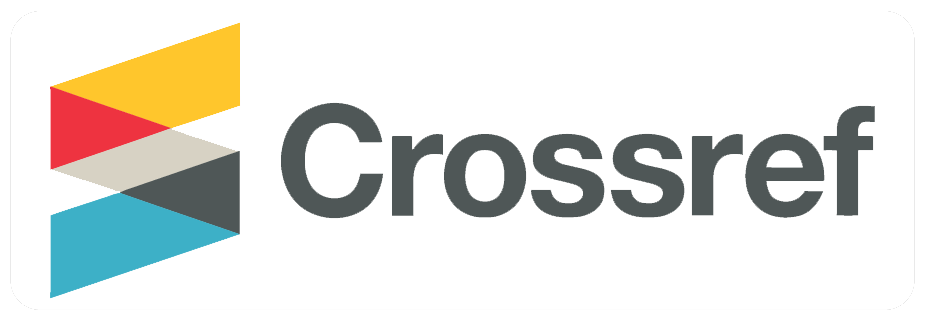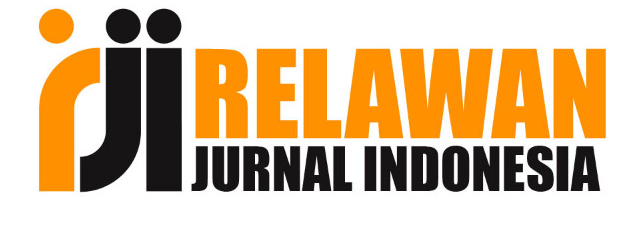A Framework for Developing Augmented Reality Applications Based on the Multimedia Development Life Cycle (MDLC)
DOI:
https://doi.org/10.36982/jiig.v16i1.5183Abstract
Augmented Reality (AR) applications have experienced significant growth in recent years. Despite this growth, the development methodologies for AR applications remain underexplored in academic research. Most existing approaches rely heavily on the general Multimedia Development Life Cycle (MDLC) This gap highlights the need for a more tailored development framework to effectively guide the creation of AR applications. To address this gap, this study proposes a specialized framework for developing AR applications. The framework refines and extends the MDLC methodology by integrating key elements tailored to AR-specific requirements. The proposed framework was tested through an extensive empirical study involving 10 development teams over the course of 2024. Each team utilized the framework to design and build an AR application tailored to their respective domains. The usability of the resulting applications was evaluated using the System Usability Scale (SUS), a widely recognized metric for assessing user experience. The results were highly encouraging, with the average SUS score across all applications exceeding 70%, indicating a "good" level of usability. This outcome demonstrates the effectiveness of the framework in enabling the development of high-quality AR applications that meet user needs.
Downloads
Published
How to Cite
Issue
Section
License

This work is licensed under a Creative Commons Attribution-ShareAlike 4.0 International License.












